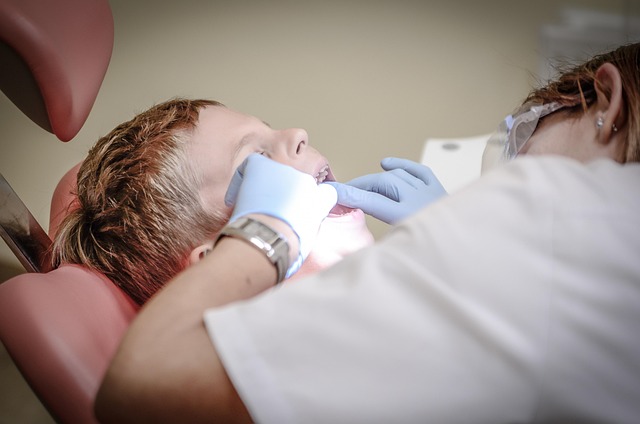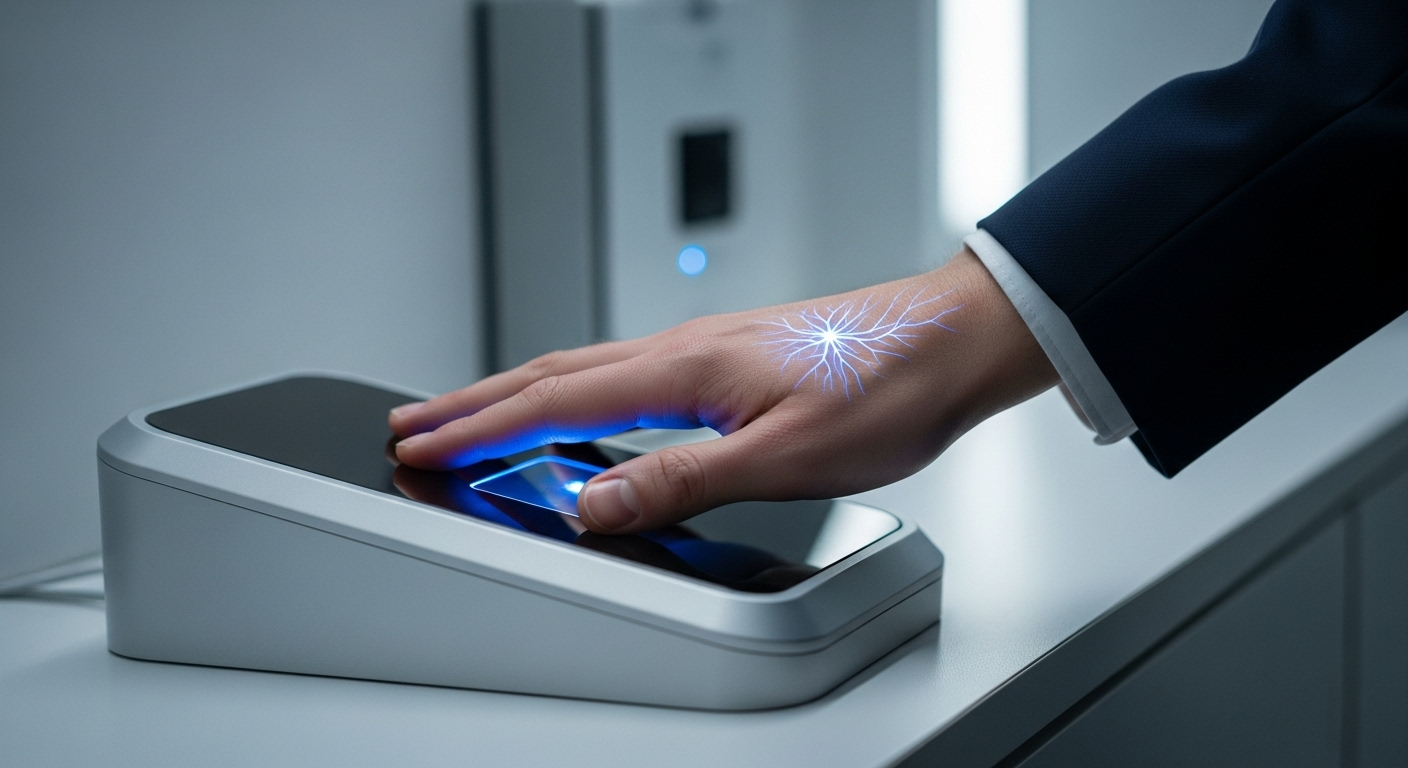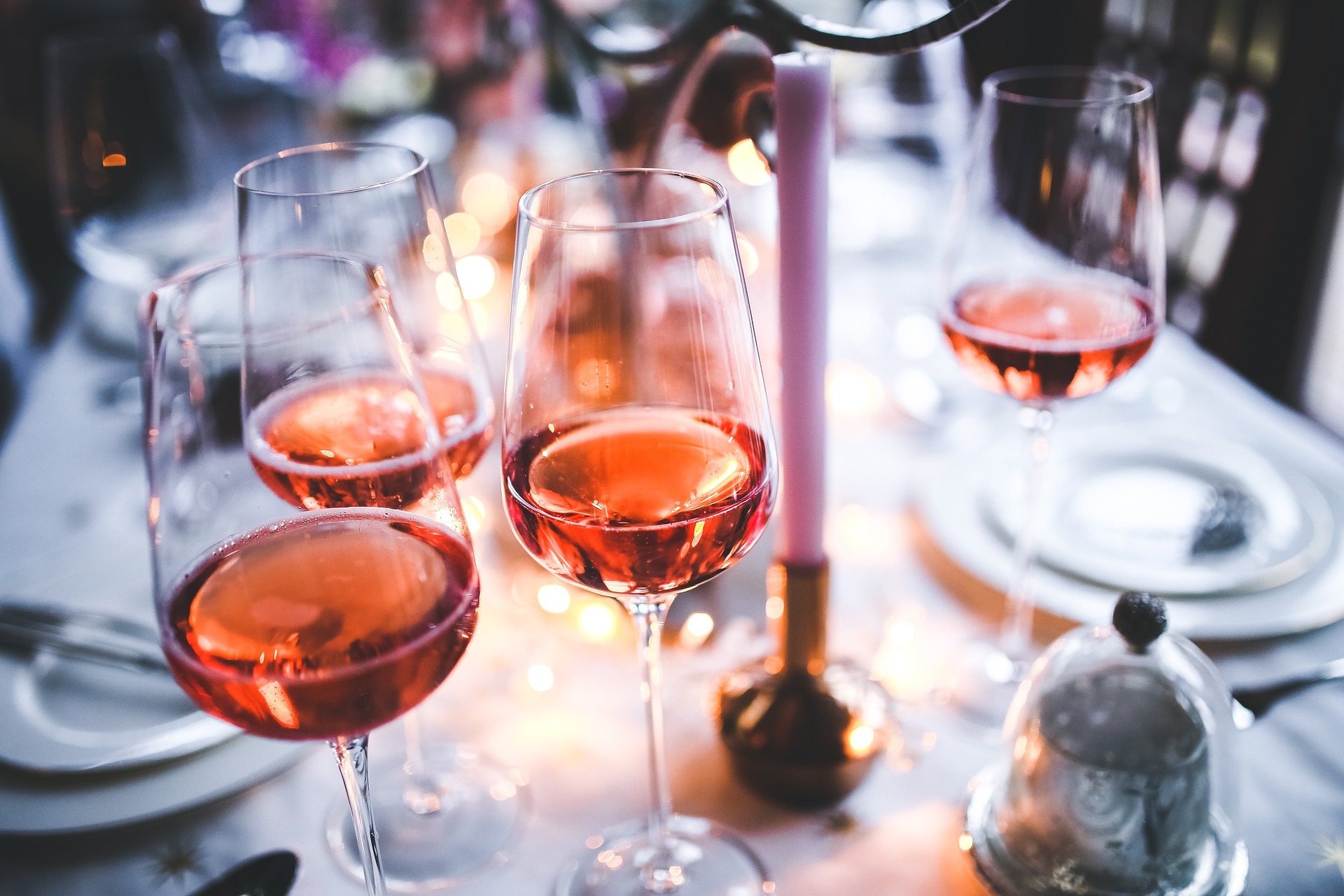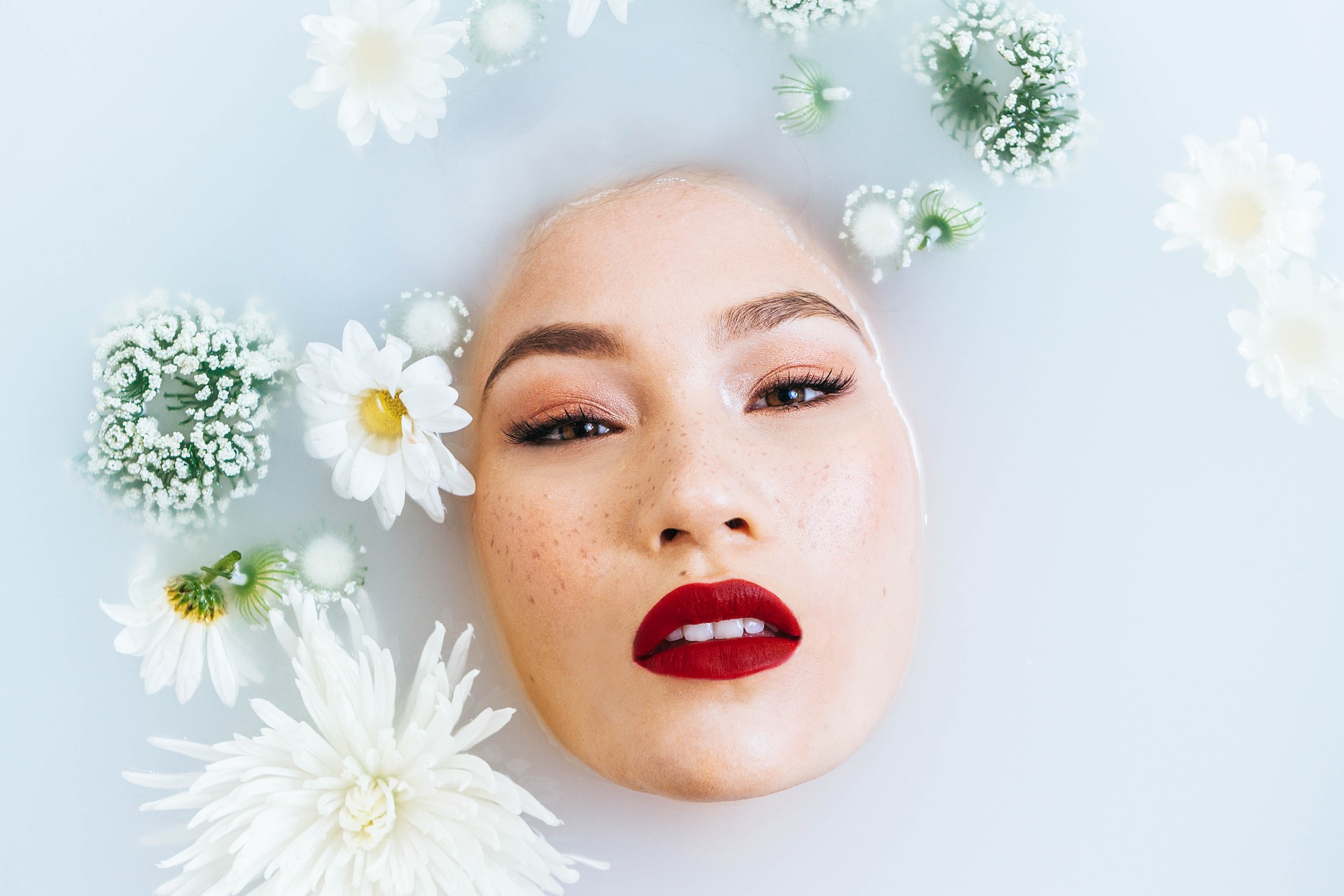The Transformative Power of Makeup: A Journey Through Time
The history of makeup is far-reaching and dates back thousands of years, with evidence of its use found in almost every culture around the globe. Ancient Egyptians were known for their distinctive black eyeliner, a look designed to protect them from the sun's harmful rays and ward off evil spirits. In contrast, Grecian women used white lead and crushed mulberries to create a flawless, pale complexion, a symbol of wealth and leisure.
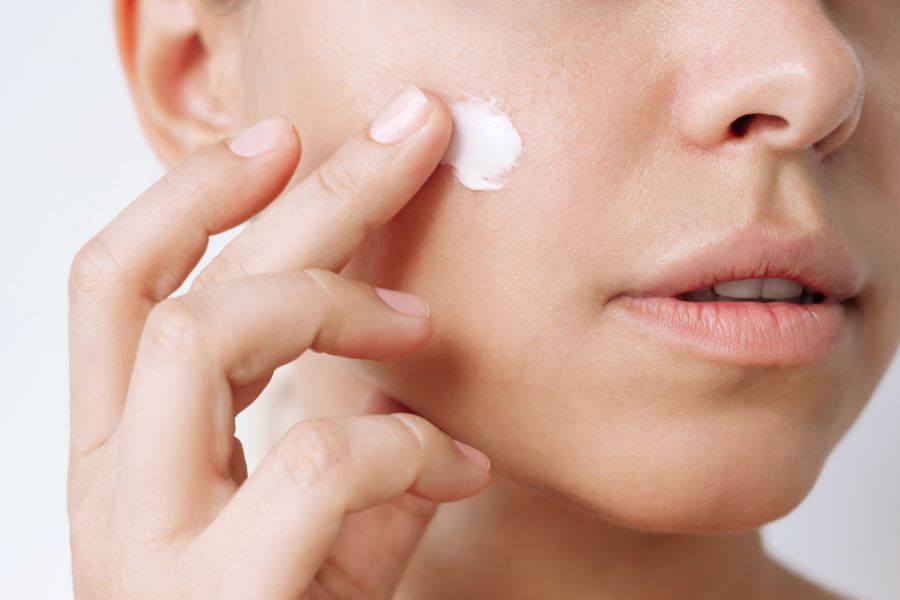
In ancient China and Japan, rice powder was used to create a similar look, while rouge was applied liberally to the cheeks and lips. These ancient cultures believed that beauty could be enhanced, and status signified, through the use of makeup. They also held the idea that makeup could protect them from evil spirits and serve as a connector to the divine.
The Role of Makeup in the Middle Ages and Renaissance
As we move into the Middle Ages and Renaissance, the use and perception of makeup took a dramatic turn. The Church began to associate the use of makeup with vanity and sin, leading to a decline in its popularity. In fact, women who used makeup were often stigmatized and ostracized. However, this did not completely halt the use of cosmetics. Women continued to use them in secret, often resorting to natural ingredients to enhance their beauty.
During the Renaissance, the ideal of beauty shifted again. This time, a high forehead, pale skin, and rosy cheeks were the epitome of beauty. To achieve this, women would pluck their hairlines and use white lead and mercury to lighten their complexion, often leading to serious health consequences.
The Golden Age of Makeup
The 20th century brought about a ‘Golden Age’ of makeup. With the advent of motion pictures, makeup became a crucial element of the film industry. Hollywood actresses like Greta Garbo and Marlene Dietrich popularized certain looks, and women around the world sought to emulate their glamorous styles.
The impact of this era cannot be underestimated. The use of makeup became more mainstream, with cosmetic companies such as Max Factor and Maybelline gaining popularity. Women were encouraged to express their individuality through makeup, and the idea of makeup as a form of self-expression started to take root.
Makeup in the Modern Era
In the 21st century, makeup has evolved into a billion-dollar industry. It has become an essential part of many people’s daily routines, and its importance in various fields like fashion, film, and television cannot be overstated. Makeup trends have also become increasingly diverse, with different styles popular in different cultures and subcultures.
The rise of social media has also transformed the makeup industry. Beauty influencers and makeup artists now have platforms to share their skills and creativity with millions of followers. This has led to the emergence of new trends, techniques, and products, making the world of makeup more vibrant and diverse than ever before.
The Transformative Power of Makeup
Makeup has always been more than just a tool for enhancing physical features. It’s a form of art, a means of self-expression, and a powerful tool for transformation. It can boost confidence, inspire creativity, and even serve as a form of self-care.
The journey of makeup through time reveals its transformative power. From the ancient cultures who used it to connect with the divine, to the modern-day individuals who use it as a form of self-expression, makeup has always had the ability to transform and empower.
In a world that often pressures people to conform to certain standards of beauty, makeup offers a way to challenge those norms. It’s a tool that allows individuals to define their own beauty, on their own terms.
In conclusion, the transformative power of makeup lies in its ability to empower individuals, challenge societal norms, and celebrate the diversity of beauty. Its journey through time is a testament to its enduring appeal and its profound impact on cultures around the world.

